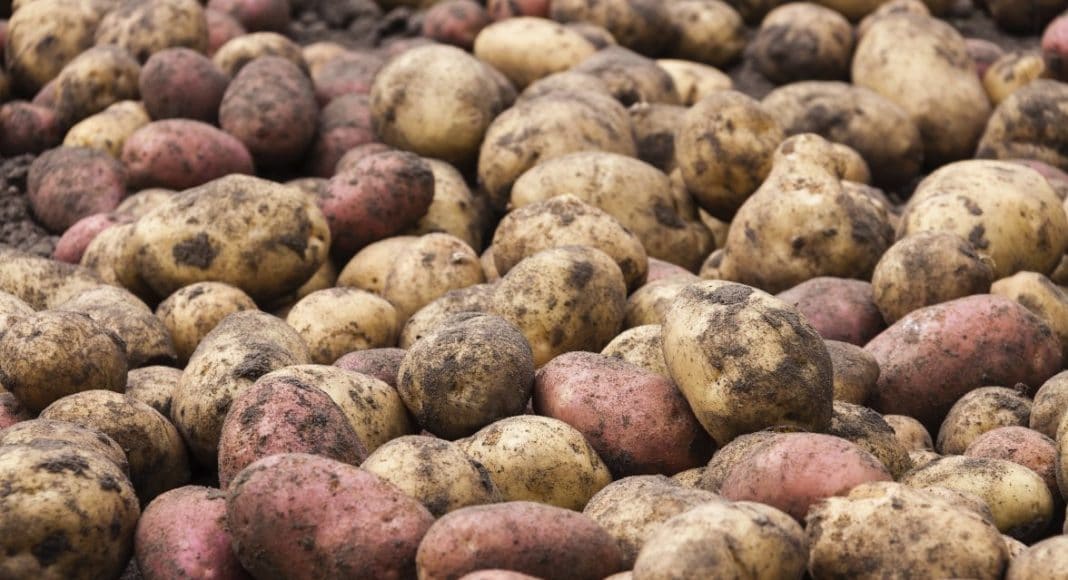Lower potato production throughout the North Western European Potato Growers (NEPG) zone and little effect from inflation, has led to reasonably good free buy prices for producers, a Jan. 27 news release said.
The release noted that higher contract prices and additional risks for producing potatoes have led and will lead to different consequences for the whole potato sector, from seed growers to retail/consumers.
Final area, yield and production figures show that in spite of higher area compared to last year with lower yields, global potato production has fallen. This has caused good demand for potatoes with NEPG processors eager to buy potatoes whereas processing units work at full capacity, the release said.
“New or modernized processing units and new factories (recently opened or to open during fourth quarter of this year) have led to historical high contract prices which have gone up by 30 to 45 per cent,” the release said.
The release noted that processors in Belgium, France, Germany and the Netherlands are hungry for more raw material. Higher contract prices should help cover the higher production costs and inflationary effects growers are facing — processors will need at least 500,000 tons more of potatoes next year.
“Risks facing growers are ever more important and force major is not always mentioned or included in contracts. Global warming, the rise of environmental constraints and the structure of potato cultivation on rented land on an annual basis renders potato production more risky and difficult,” the release said.
The release pointed out that NEPG facts and figures show that yields per hectare have been going down during the last 10 years. The main cause of this is climate change, but in some cases it’s also a combination of problems linked to the soil. Genetics and new/adapted cropping techniques, along with new breeding techniques will help to reduce these losses.
Another factor causing issues in the NEPG zone is that at least one third of potatoes are grown on rented land on an annual basis. The release noted this doesn’t help growers adapt their cropping techniques.
The NEPG expects higher contract prices could stimulate higher potato area as well as larger contracted potato volumes. Seed growers, starch potato growers and table potato producers may partly switch from their current productions to produce potatoes for chips and crisps.
“Seed production costs have risen and there is no indication that buyers will increase the price they pay for seed. This could lead to less seed production during the 2023 season. The seed sector could lose at least 5,000 hectares, which would lead to shortages and higher prices for consumption growers in spring 2024,” the release said.
Related Articles
NEPG Estimates Global Potato Production Down Six Per Cent
The North American Potato Market is Out of Sync
Canadian Food Prices to Rise by Five to Seven Per cent in 2023











